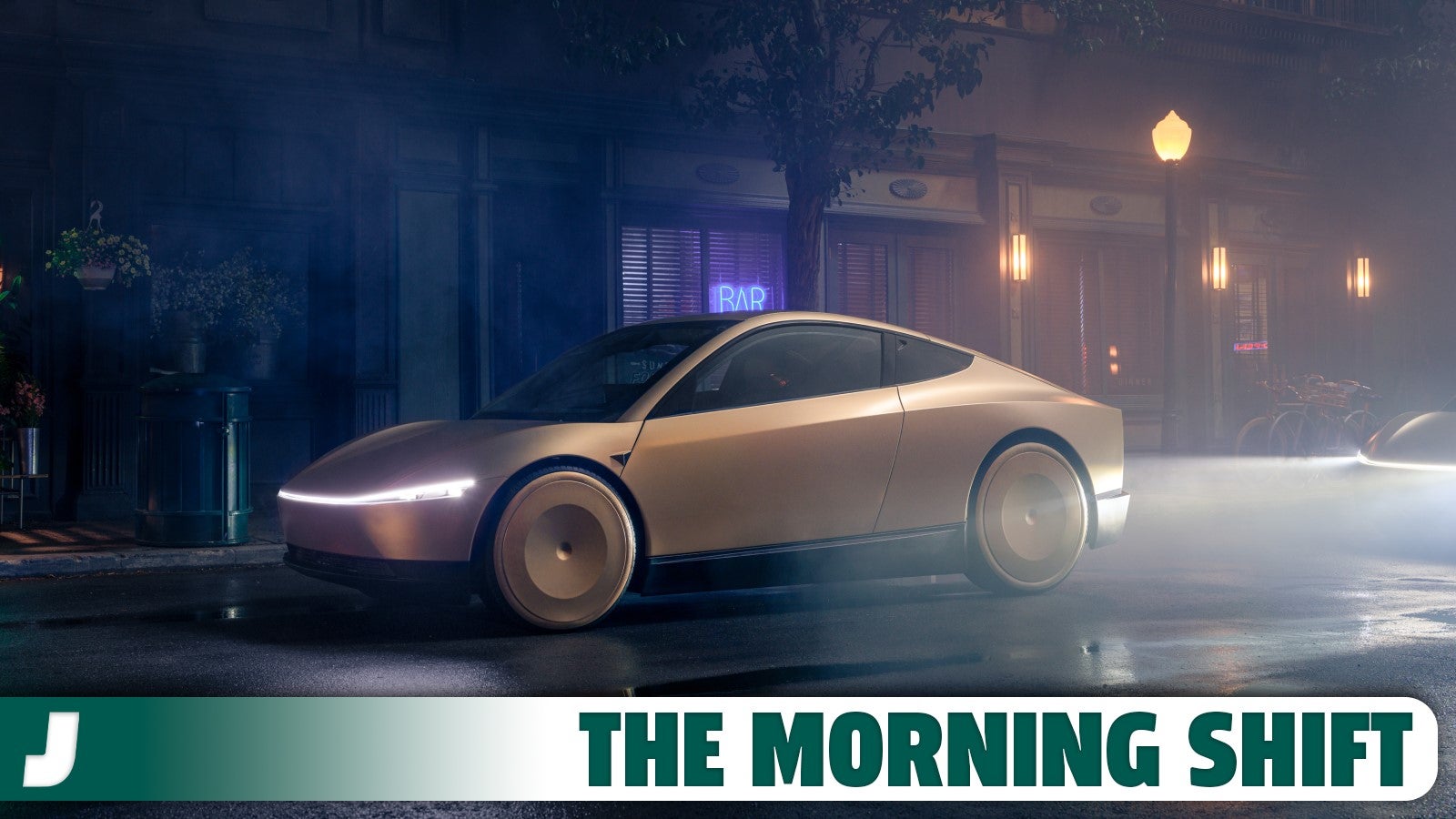Elon Musk's Tesla Cybercab has another problem
U.S. law currently has significant restrictions in place controlling the mass production of autonomous vehicles

The world watched with mild interest as Tesla boss Elon Musk unveiled his vision for our autonomous future at a glitzy event in Los Angeles last week. The launch included the unveiling of an autonomous bus, called the Robovan, and a self-driving taxi that Tesla calls the Cybercab. The company hopes to roll out a swarm of these autonomous vehicles before 2027, says Musk, but Tesla has a few hurdles to overcome before then.
Suggested Reading
Firstly, the company will have to fine-tune its Full Self-Driving tech, which it says will form the backbone of the new Cybercab and, secondly, it’s going to have to convince Congress to change its tune on autonomous taxi rollouts, reports Bloomberg. Lawmakers in the U.S. currently have strict restrictions in place controlling the mass production of autonomous vehicles which could get in the way of Musk’s best-selling ambitions for the Cybercab:
Related Content
“Unless Congress increases this limit, as several failed bills would have done, exemptions aren’t a viable route for a mass manufacturer,” said Bryant Walker Smith, a University of South Carolina law professor and autonomous vehicle expert.
Regulatory hurdles were one of multiple issues Musk sidestepped during his much-anticipated unveiling of the robotaxi, billed as a pillar of the Tesla chief executive officer’s push into robotics and artificial intelligence.
NHTSA has long permitted manufacturers to deploy 2,500 vehicles per year under a granted exemption, a tiny total for a company that sold nearly half a million cars last quarter alone. Such a low number also contrasts with what Musk told investors last week, when he said Tesla would “make this vehicle in very-high volume.”
Unsurprisingly, Musk didn’t touch on the restrictions enforced by Congress during his presentation at the We, Robot event last week. Musk also didn’t explain how his company will make the jump from offering driver assistance tech to shipping full self-driving cars.
The vague timeline for the rollout of the Cybercab includes production from 2026 and the cars should start shipping out to buyers by 2027, Musk claimed during the presentation. However, as he’s been promising self-driving taxis from Tesla for more than 10 years now, still hasn’t launched the long-overdue Tesla Roadster and took years to finally deliver the first Cybertruck, we won’t hold our breath on this timeline being met.
